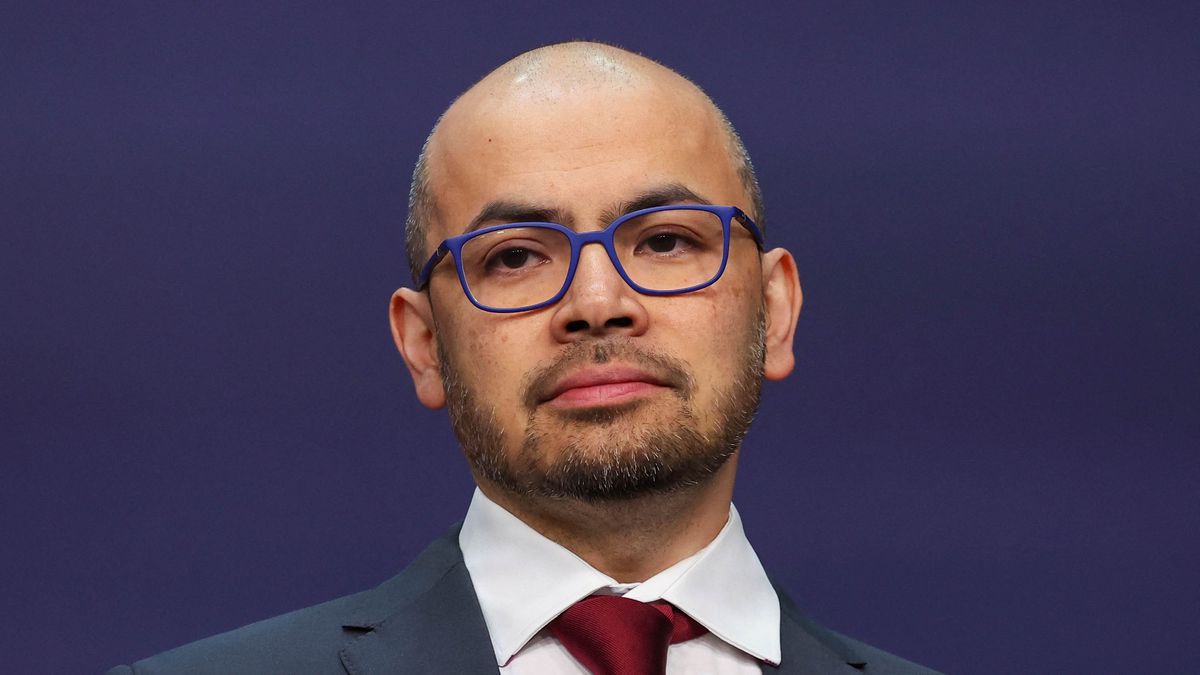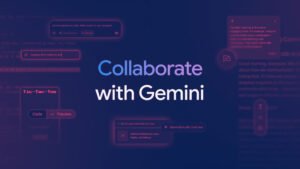DeepMind CEO Calls DeepSeek’s Success Overstated

The Impact of DeepSeek’s AI on the Industry
The rise of DeepSeek, a Chinese AI startup, is causing ripples within the tech industry, particularly for established players like Google. Recently, Demis Hassabis, the CEO of DeepMind (Google’s AI division), reassured his team during an assembly in Paris, emphasizing Google’s leadership in AI despite DeepSeek’s impressive advancements. This reassurance came in response to employees’ concerns about DeepSeek’s rapid success and its implications for Google.
DeepSeek’s Breakthrough and Its Consequences
DeepSeek has introduced an open-source model powered by R1 V3, which reportedly surpasses OpenAI’s proprietary o1 reasoning model in various tasks, including science, mathematics, and coding. This launched DeepSeek into the spotlight, leading to a dramatic $600 billion decrease in NVIDIA’s market share in just one day. Analysts are particularly alarmed by the fact that DeepSeek achieved these milestones with significantly lower costs than those typically associated with developing advanced AI technologies.
Despite these achievements, Hassabis has downplayed the significance of DeepSeek’s success. He described the startup’s reported model training costs as “likely only a tiny fraction” of the total expenses incurred. Furthermore, he highlighted that DeepSeek required more hardware resources, hinting at the challenges faced by the company.
Reports indicate that DeepSeek invested around $1.6 billion in its AI model, acquiring 50,000 NVIDIA GPUs to support its efforts. This substantial investment underscores the competitive nature of AI development.
Google’s Position in the AI Market
Hassabis asserted, “We actually have more efficient, more performant models than DeepSeek,” expressing confidence in Google’s strategy and ability to maintain its leadership in the AI sector moving forward. While acknowledging DeepSeek’s talent as the leading AI team from China, he cautioned that the startup may face significant barriers, particularly in terms of security and geopolitical issues that could limit its growth and effectiveness.
On a broader scale, as generative AI continues to evolve, experts have raised questions about the future landscape of AI competition. AI safety researcher Roman Yampolskiy mentioned that with sufficient financial resources, someone could technically build Artificial General Intelligence (AGI) today, indicating the financial aspect of AI development is critical.
Microsoft’s Perspective on Google’s AI Leadership
Examining the competition, Microsoft CEO Satya Nadella has expressed skepticism about Google maintaining its AI leadership. Reflecting on his views from the previous year, he noted that while Google possesses the necessary tools and talent to dominate the AI arena, they have not capitalized on these advantages effectively. Nadella pointed out, “Google’s a very competent company and obviously they have both the talent and the compute. They’re the vertically integrated player in this. They have everything from data to silicon to models to products and distribution.”
In response to Nadella’s observations, Alphabet’s CEO Sundar Pichai defended Google’s position by challenging a comparison between Microsoft’s AI models and Google’s own offerings, expressing confidence that their technology stands on its own merit, despite Microsoft’s collaborations with OpenAI.
Nadella praised DeepSeek’s advancements, describing them as “super impressive.” He emphasized the importance of monitoring developments from China, recognizing the startup’s potential impact on the global AI landscape. This acknowledgment of DeepSeek’s capabilities further illustrates the competitive dynamics at play in the AI sector.






